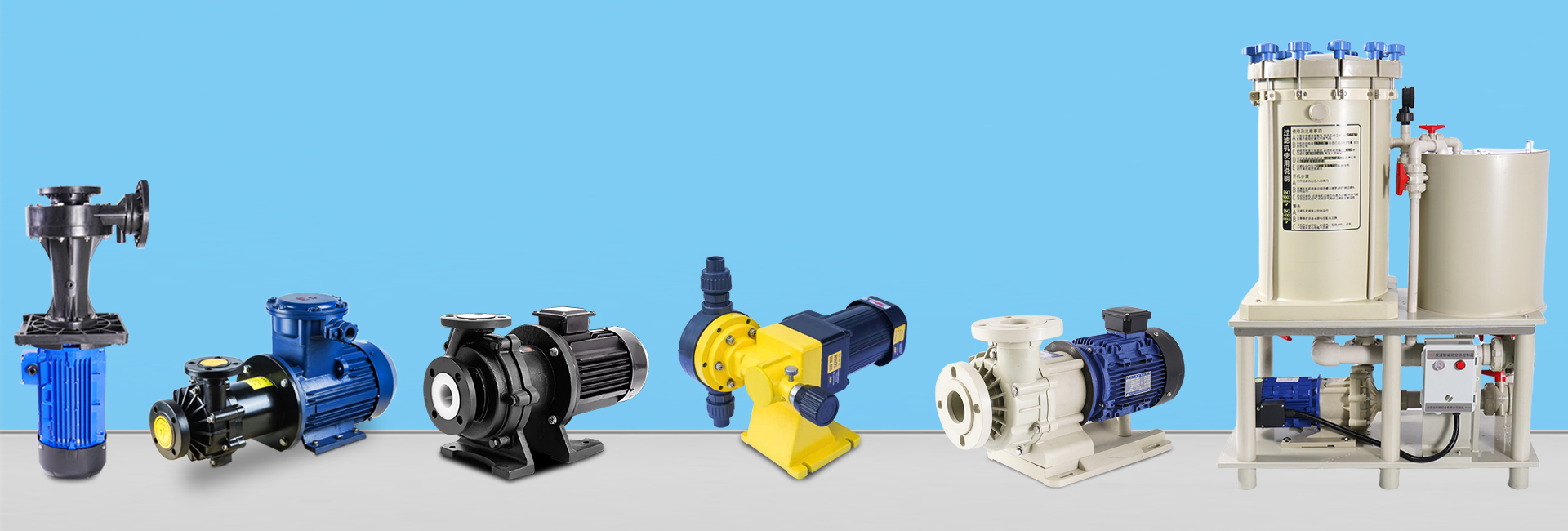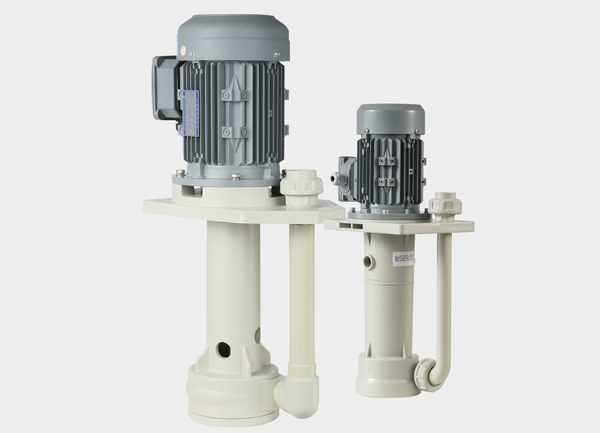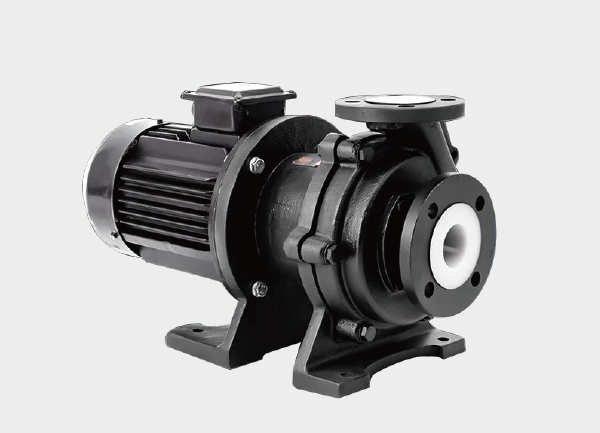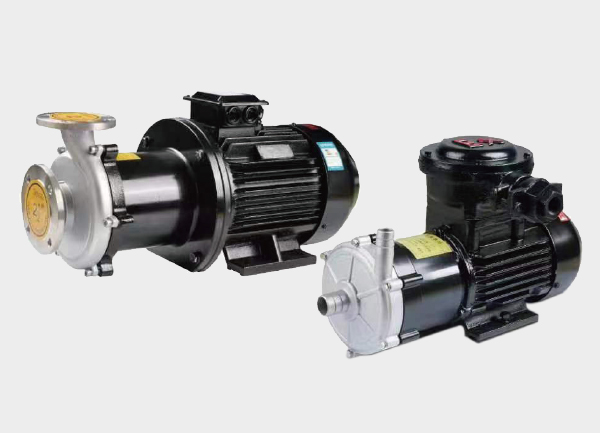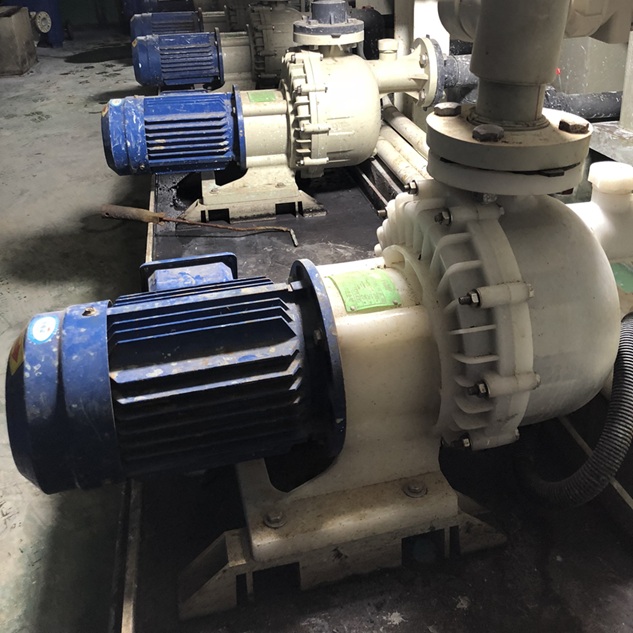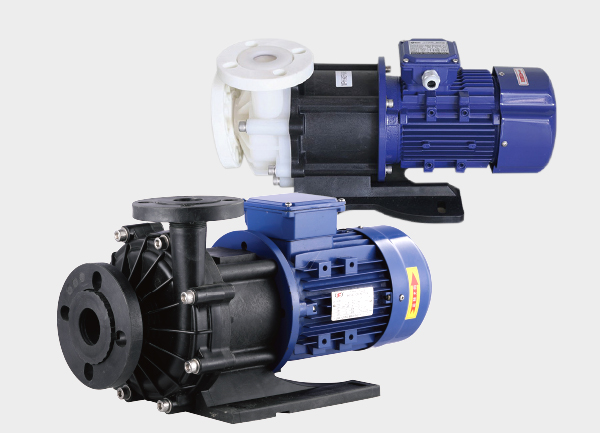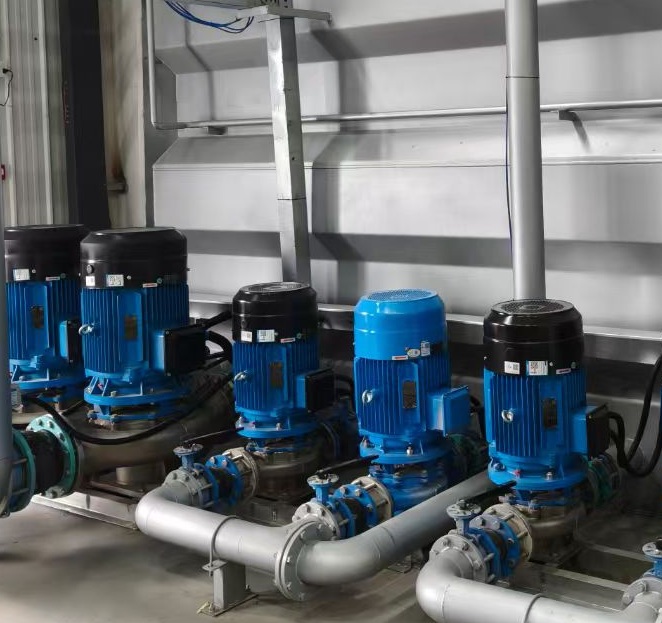1. Introduction
In industries where leakage-free and reliable fluid transfer is critical—such as chemical processing, pharmaceuticals, and environmental protection—magnetically driven centrifugal pumps (often referred to as “magnetic drive pumps” or “mag drive pumps”) have become an indispensable solution. Unlike conventional centrifugal pumps that rely on direct shaft seals, magnetic drive pumps use magnetic coupling to transmit power, eliminating mechanical seals and significantly reducing the risk of leakage.
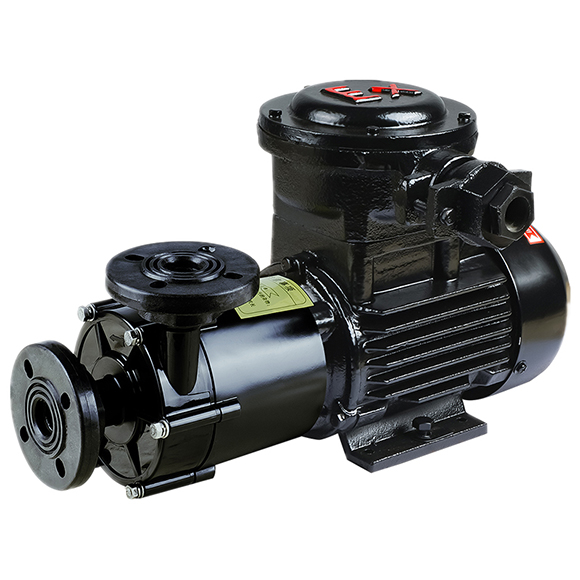
2. Working Principle
The operation of a magnetically driven centrifugal pump revolves around the concept of magnetic coupling.
Outer Magnetic Rotor: Connected to the motor shaft, it rotates when the motor is powered.
Inner Magnetic Rotor: Attached to the impeller, located inside the sealed pump chamber.
Containment Shell: A non-magnetic barrier that isolates the pumped liquid from the external environment.
When the motor rotates, the outer rotor transfers torque to the inner rotor via magnetic forces. The impeller then spins, imparting centrifugal force to the liquid, causing it to move from the inlet to the outlet. Since there is no direct mechanical connection between motor and impeller, the pump achieves a fully sealed structure, preventing leaks even in demanding applications.
3. Key Features and Advantages
Leak-Free Operation
Eliminates mechanical seals and shaft penetrations.
Prevents leakage of hazardous, toxic, or expensive fluids.
High Safety and Reliability
Suitable for flammable, explosive, or highly corrosive fluids.
Reduced risk of workplace accidents and environmental contamination.
Low Maintenance
No seal replacement required.
Fewer wear parts compared to traditional centrifugal pumps.
Corrosion Resistance
Available in stainless steel, fluoroplastics, or special alloys to handle acids, alkalis, and solvents.
Efficiency and Stability
Smooth operation with minimal vibration.
Capable of continuous duty in harsh environments.
4. Applications
Magnetically driven centrifugal pumps are widely used in industries requiring leak-proof and safe transfer of liquids:
Chemical Industry: Handling corrosive acids, alkalis, solvents, and hazardous chemicals.
Petrochemical and Refining: Transporting flammable hydrocarbons and toxic fluids.
Pharmaceuticals and Biotechnology: Ensuring sterile and contamination-free liquid handling.
Electronics and Semiconductor Manufacturing: Circulating high-purity chemicals and cooling fluids.
Water Treatment and Environmental Engineering: Dosing and transferring aggressive wastewater treatment chemicals.
Food and Beverage Processing: Safe transfer of sensitive or hygiene-critical fluids.
5. Limitations to Consider
While magnetic drive centrifugal pumps offer many advantages, users should also be aware of their limitations:
Not suitable for liquids containing large solids (can cause impeller jamming).
Torque limitations may restrict their use in extremely high-viscosity fluids.
Heat generation in the containment shell requires careful cooling, especially in continuous operation.
6. Conclusion
Magnetically driven centrifugal pumps represent a modern, leak-proof, and highly reliable fluid transfer technology. By replacing traditional mechanical seals with magnetic coupling, they ensure safe operation in industries where leakage prevention is essential. With their strong corrosion resistance, minimal maintenance needs, and adaptability to aggressive environments, mag drive centrifugal pumps have secured a central role in chemical processing, pharmaceuticals, energy, and beyond.
For companies seeking safe, efficient, and environmentally friendly pumping solutions, the magnetically driven centrifugal pump stands as a superior choice.

